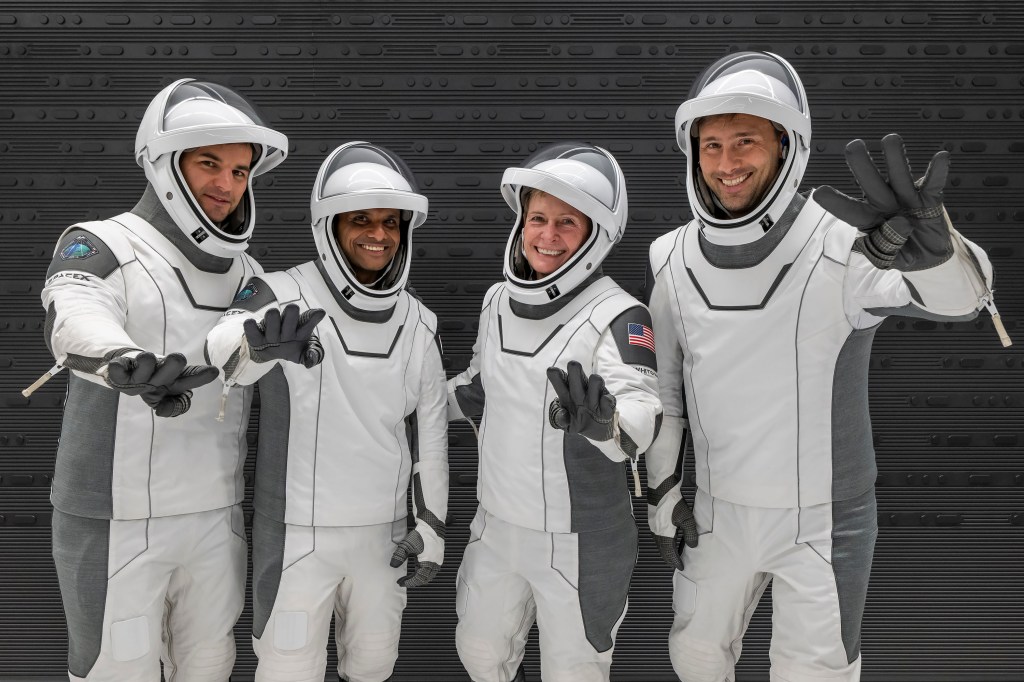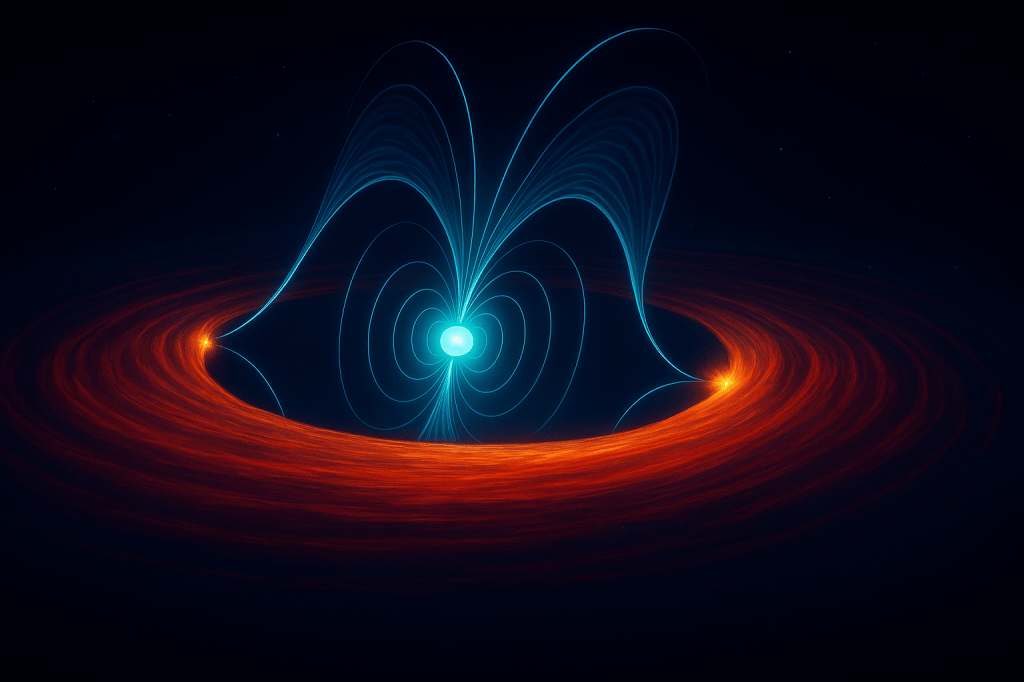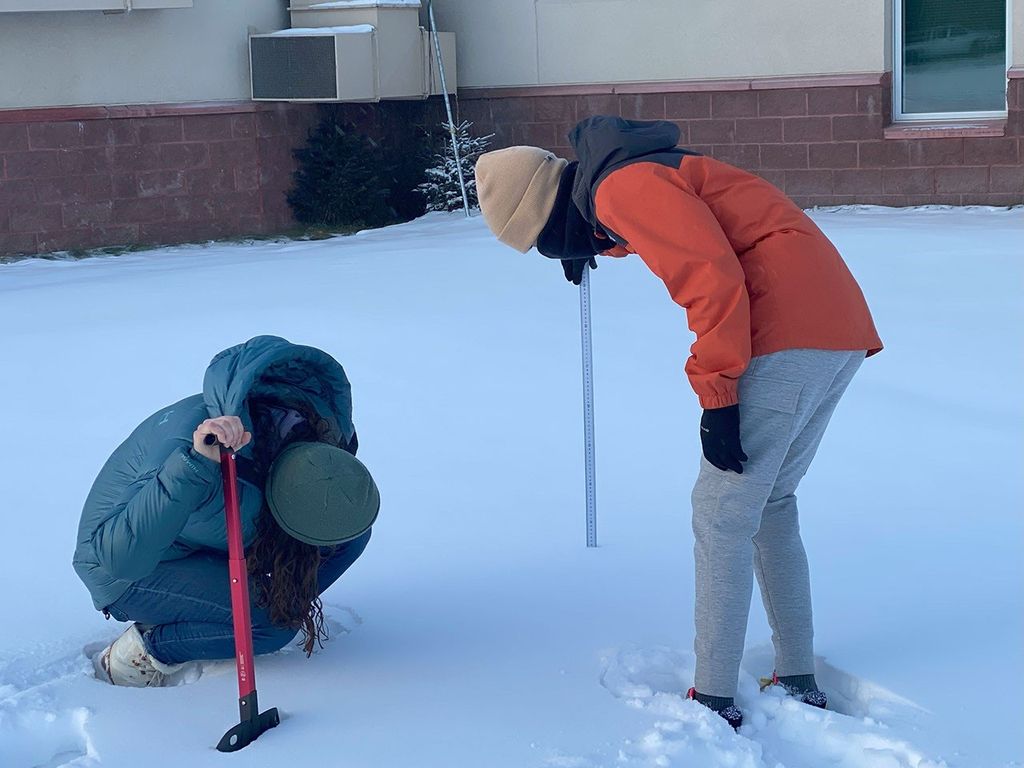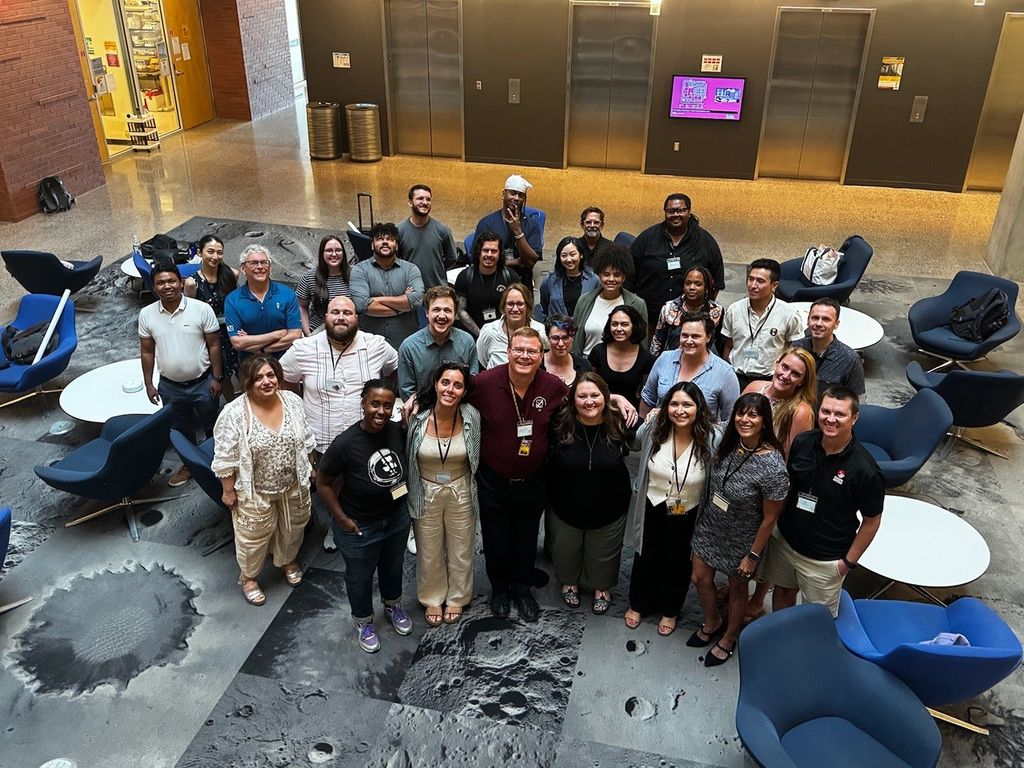Archived 2018 FAQ
This was the FAQ for ROSES-2018. For the current FAQs on the current ROSES see http://science.nasa.gov/researchers/sara/faqs/
What's new in ROSES-2018? How does it differ from prior ROSES?
Appendix A (Earth Science) always has the largest number of program elements and, as always, programs come and go and many of the program element designations change from year to year e.g., Atmospheric Composition: Modeling and Analysis was A.22 in ROSES-2017 and it was not solicited, but this year it is A.19. Please review the lists of program elements in Table 2 and Table 3 of ROSES carefully.
In Appendix B (Heliophysics), the Early Career Investigator Program will be a new program element this year, after having been released as draft last year. Program element Heliophysics Space Weather Operations to Research (B.12 H-SWO2R) was introduced late in ROSES-2017 as a pilot program and it is anticipated that it will also be solicited in ROSES-18. Heliophysics Technology and Instrument Development for Science (B.3 H-TIDeS) has undergone major revision, and this year B.8 the Guest Investigator program is focused on Global Observations of Limb and Disk and Ionospheric Connection Explorer (GOLD/ICON). As a reminder, all program elements in Appendix B require a Step-1 proposal, so keep an eye on those Step-1 proposal due dates.
In Appendix C (Planetary Science) There were (are/will be) the following new opportunities this year: C.22 Development and Advancement of Lunar Instrumentation Program, C.24 Apollo Next Generation Sample Analysis Program, and C.25 Scientific Exploration Subsurface Access Mechanism for Europa. In addition, Instrument Concepts for Europa Exploration returns (last solicited in 2013) as C.23, ICEE 2. The planetary science Early Career Fellowship Program remains as it undergoes revision. Some program elements in Appendix C require a Step-1 proposal, but some do not, please read the program elements carefully.
In Appendix D (Astrophysics), LISA Preparatory Science (LPS) is a new opportunity and, pending the outcome of its Mission Success Progress Review scheduled for summer 2018, the Neutron Star Interior Composition Explorer (NICER) project may initiate a GO program this year. The Astrophysics Division also anticipates that the SOFIA Next Generation Instrument call, (which was released as draft in ROSES-2017) will be solicited soon. Although, in general, Notices of Intent are optional, they are mandatory in a few program elements in Appendix D: D.3 APRA, D.8 SAT and D.13 LISA. For those an NOI is a required prerequisite for submission of a full proposal. For such program elements where the NOI is mandatory that will be stated clearly in the program element and NOI due dates will be marked "mandatory" in the Tables of due dates.
Other changes will occur throughout the year announced by Amendments, corrections, and clarifications. If you have not done so already please consider subscribing to:
(1) The SMD mailing lists (by logging in at http://nspires.nasaprs.com/ and checking the appropriate boxes under "Account Management" and "Email Subscriptions"),
(2) The ROSES-2018 RSS feed for amendments, clarifications, and corrections at http://science.nasa.gov/researchers/sara/grant-solicitations/ROSES-2018/, and
(3) The ROSES-2018 due date Google calendar. Instructions are at https://science.nasa.gov/researchers/sara/library-and-useful-links.
The changes that apply to all of ROSES are:
Section IV(b)(i) of the ROSES Summary of Solicitation has been updated to treat the "Co-I/Science PI" role the same as a normal PI see also FAQ #9 for this topic.
NASA has increased the "Micro-purchase Threshold" for grantees from the prior $3K value (from 2 CFR §200.67) to $10K, which means that competitive quotes are not required for items or services costing up to $10K if management (at the organization receiving the grant) determines that the price is reasonable.
Section III(a) "Eligibility of Applicants" of the ROSES Summary of Solicitation has been updated to more accurately reflect NASA policy on participation by non-U.S. organizations
Continuing from past years:
Awards deriving from ROSES-2018 will (continue to) include terms and conditions requiring that as accepted manuscript versions of peer-reviewed publications that result from ROSES awards must be archived, see FAQ #25.
Proposers to ROSES-2018 need to omit salaries, fringe, overhead and total cost from the main proposal PDF, but include them in the NSPIRES cover page budget and the separately uploaded Total Budget PDF, see FAQ #8 below for details.
Data Management Plans (DMPs) are still required for most proposals and in most cases the DMP will be collected in a plain text box on the NSPIRES cover page. For those proposing to Astrophysics, Earth Science and Heliophysics (Appendices A, B & D of ROSES) see http://science.nasa.gov/researchers/sara/faqs/dmp-faq-roses/.
Proposers to Planetary Science (all of Appendix C and E.4) must provide data management plan as part of the proposal PDF, see Section 3.5.1.of C.1 and this page with some instructions and a Planetary Division template for DMPs. PDART (program element C.7) evaluates DMPs as part of merit and has special requirements.
The restrictions involving China persist, please see http://science.nasa.gov/researchers/sara/faqs/prc-faq-roses/
If you are looking for the FAQ from last year you may view the archived 2017 FAQ at http://science.nasa.gov/researchers/sara/faqs/archived-2017-faq/





























